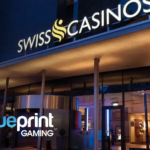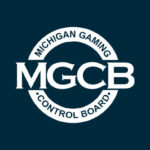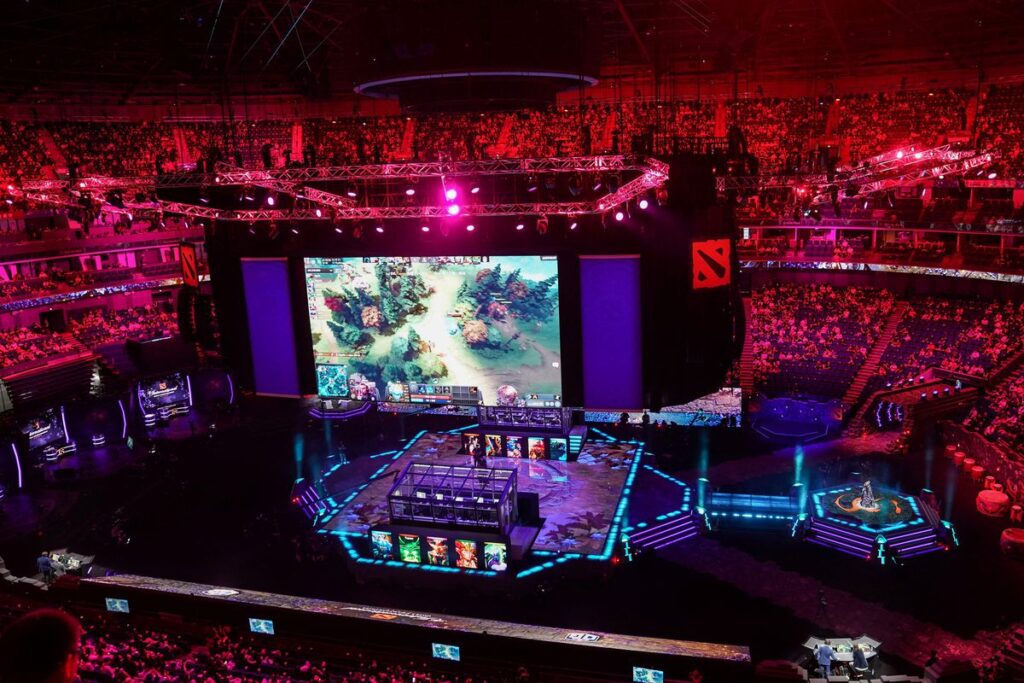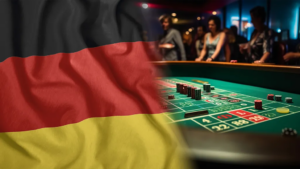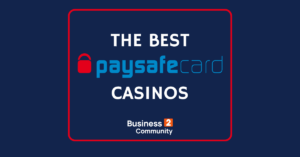Ireland’s Gambling Regulatory Authority Prioritizes Licensing Scheme for 2025–2026
Gambling involves financial risk and may not be suitable for all individuals. Gambling industry experts create our content for informational purposes only. We may receive commissions from affiliate links at no cost to you, but our reviews remain independent and unbiased. We're committed to responsible gambling practices and transparent recommendations. About Us
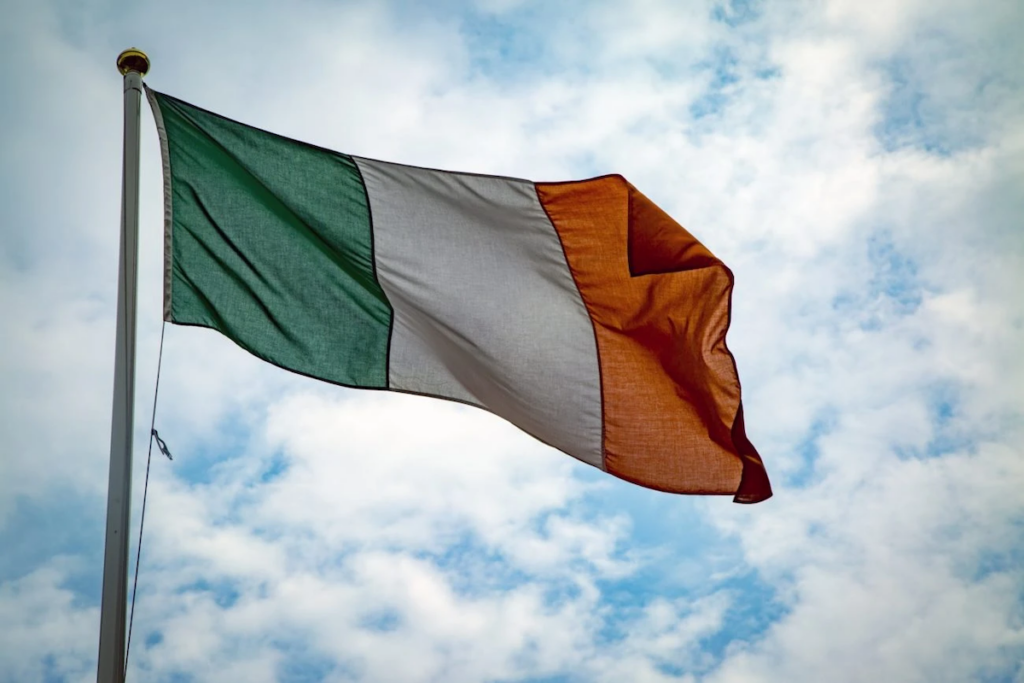
Ireland’s gambling industry is poised for its most significant transformation in decades as the newly established Gambling Regulatory Authority of Ireland (GRAI) reveals its strategic roadmap for implementing a comprehensive licensing framework.
This long-awaited regulatory overhaul will transition the country’s €1.2 billion gambling market from outdated legislation to a modern, consumer-focused regime under the Gambling Regulation Act 2024.
Key Takeaways:
- Betting licenses for online and land-based operators will be available from December 2025
- Online gaming and casino licenses will follow in Q1 2026, with B2B supplier licenses in mid-2026
- GRAI will enforce a “fit and proper person” test evaluating compliance history and financial stability
- A National Gambling Exclusion Register will create mandatory self-exclusion across all platforms
- A 1% levy on operator revenue will fund addiction research and treatment
- Industry analysts predict 30% of small bookmakers may exit due to compliance costs
- Public consultation period remains open until May 5, 2025, to finalize technical standards
Comprehensive Licensing Structure
The GRAI has outlined a methodical approach to licensing that recognizes the diverse segments within Ireland’s gambling ecosystem. The timeline establishes a clear sequence for different operator categories:
- B2C Betting Licenses (December 2025): Applications will open simultaneously for both online sportsbooks and traditional land-based betting shops, creating a level playing field across channels. This category will encompass fixed-odds sports betting, exchange betting, and pool betting operations.
- B2C Gaming Licenses (Q1 2026): The online casino sector, including slots, table games, and lottery products, will follow shortly after the betting category. This segment has operated in a regulatory gray area in Ireland for years and represents a significant portion of the market requiring formalized oversight.
- B2B Supplier Licenses (Mid-2026): Providers of gaming software, platforms, and physical gambling machines will need their own distinct licenses, reflecting the interconnected nature of the modern gambling supply chain. This category acknowledges the critical role technology vendors play in gambling operations.
- Charitable Licenses (2027): Organizations conducting fundraising through gambling activities will be the final category addressed, with the existing permit system remaining in place until the new framework is implemented. This delayed timeline allows charitable organizations additional preparation time.
GRAI Chief Executive Anne-Marie Caulfield emphasized the authority’s balanced approach during the announcement: “Our priority is creating a sustainable gambling ecosystem that balances appropriate market access with robust player protections. The phased rollout provides operators adequate time to adapt their systems and procedures while ensuring regulatory compliance.”
The licensing system will incorporate a stringent “fit and proper person” test, requiring operators to demonstrate their compliance history, financial stability, and commitment to responsible gambling protocols. The fee structure will follow a progressive model based on revenue tiers, starting at €2,500 for small operators and scaling upward for larger companies.
Player Protection Measures
Consumer safeguards form a cornerstone of the new regulatory framework, with several landmark initiatives scheduled for implementation alongside the licensing rollout:
- National Gambling Exclusion Register: Ireland will establish a centralized self-exclusion system that functions across all licensed operators, both online and retail. Unlike the current fragmented approach where players must exclude from each operator individually, this unified system will provide comprehensive protection for vulnerable individuals.
- Social Impact Fund: A 1% levy on operator revenue will establish a dedicated fund for gambling addiction research, treatment, and education. This measure creates a sustainable funding mechanism for harm reduction initiatives, addressing a long-standing gap in Ireland’s public health approach to gambling.
- Advertising Restrictions: The framework includes significant limitations on gambling promotion, including a prohibition on broadcast advertisements between 5:30 AM and 9:00 PM. These watershed restrictions aim to reduce exposure to gambling messaging among children and young adults.
- Mandatory Player Protection Tools: Licensed operators must implement deposit limits, reality checks, and activity statements as standard customer features. These tools will be subject to technical standards currently being developed through public consultation.
Industry Reaction and Market Impact
The announcement has generated mixed reactions across Ireland’s gambling sector. Established international operators with experience in regulated markets have generally welcomed the clarity, while smaller domestic companies have expressed concerns about compliance costs and competitive disadvantages.
Industry analysts project significant market consolidation as a direct consequence of the new regulatory requirements.
Financial services firm Davy estimates that approximately 30% of Ireland’s small independent bookmakers may exit the market due to the combined impact of licensing fees, technical compliance costs, and operational adjustments.
Patrick O’Neill, director of the Irish Bookmakers Association, highlighted these challenges: “While we support a modern regulatory framework, many small family-owned betting shops operate on thin margins in rural communities. The transition costs represent a disproportionate burden for these businesses compared to large multinational operators.”
A parallel concern stakeholders raise involves the unregulated market’s potential growth. Currently estimated to capture approximately €150 million annually from Irish consumers, unlicensed offshore operators could potentially gain further market share if the regulated environment becomes overly restrictive. The GRAI has acknowledged this risk but maintains that enhanced monitoring capabilities and international regulatory cooperation will mitigate black market expansion.
Public Consultation and Technical Standards
The GRAI has initiated a public consultation period running until May 5, 2025, seeking input from industry participants, consumer advocates, and treatment providers on proposed technical standards. These standards will address critical operational elements including:
- Know Your Customer (KYC) verification protocols
- Anti-money laundering procedures
- Data security and privacy requirements
- Responsible gambling tool specifications
- Game design parameters and fairness certification
Stakeholders across the ecosystem have been encouraged to participate in this consultation to ensure the final framework balances commercial viability with consumer protection. The GRAI expects to publish finalized technical standards by August 2025, providing operators several months to implement necessary changes before licensing begins.
Full enforcement of the licensing requirements is expected by June 2026, establishing a clear deadline for all gambling operations to transition to the regulated framework. The GRAI will have comprehensive enforcement powers, including the ability to issue compliance notices, impose financial penalties, and ultimately revoke licenses for serious or persistent violations.
As Ireland advances toward this modernized gambling landscape, the GRAI continues to develop its operational capacity. Recently, it signed a Memorandum of Understanding with the UK Gambling Commission to facilitate knowledge sharing and cooperative enforcement. This international cooperation reflects the increasingly borderless nature of online gambling and the importance of regulatory alignment in addressing common challenges.
The coming year represents a pivotal transition period for Ireland’s gambling industry as operators prepare for the licensing process while the GRAI finalizes the technical and operational details that will define the market for years to come.
Sources:
- iGaming Business: Ireland’s Gambling Regulation Takes Form
- Next.io: Ireland’s New Gambling Regulator Makes Changes
- Citizens Information: Gambling Regulatory Authority
- Casino News Daily: Ireland’s Gambling Authority Sets Stage for Licensing
- Business Post: Operators Weigh In on Ireland’s New Gambling Act
- Gambling Regulatory Authority of Ireland (GRAI)
- SBC News: GRAI Ireland 2025 Debut
- Gaming Intelligence: Ireland’s New Gambling Regulator Becomes Operational
- Arthur Cox: Updates on Gambling Regulatory Authority
META TITLE:
META DESCRIPTION:
SLUG: i


